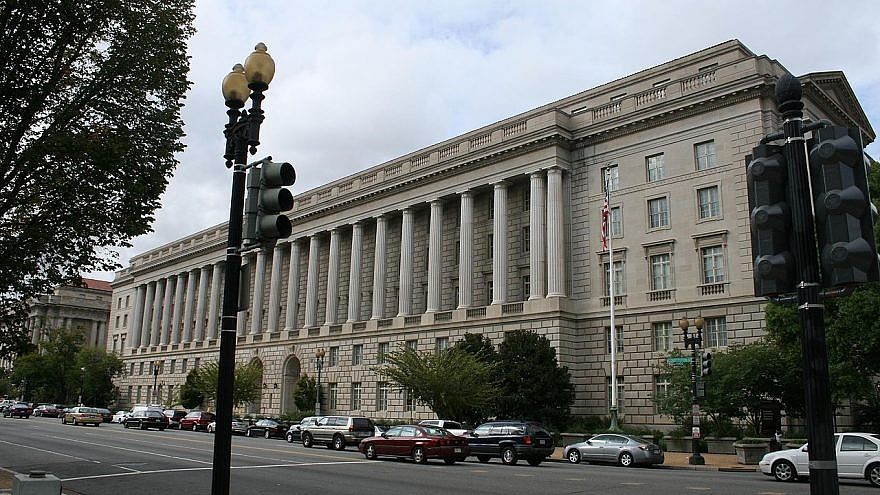Providing fringe benefits neither taxable to the employer nor the employee has been a crucial perk that nonprofits, including Jewish synagogues and other institutions, can offer.
But the Tax Cuts and Jobs Act of 2017 (TCJA) reversed the rules regarding transportation and parking fringe benefits, and so the Internal Revenue Service issued guidance on Monday in an attempt to ease concerns and confusion.
Nevertheless, Democrats in both chambers will likely not support a fix that was reintroduced this week by House Ways and Means Committee chairman Kevin Brady to scrap the provision under the TCJA, which is scheduled to take effect in 2019.
“We want those nonprofit organizations to focus on their core missions,” the Texas Republican told reporters on Capitol Hill. “Repealing this allows them the certainty to do that.”
While the bill may pass the House right now, were it to get a vote as the end of the congressional calendar nears, its prospects in the Senate remain dim, as all of the upper chamber’s Republicans would need at least eight Democrats to reach the 60-vote threshold to avoid a filibuster. No Democrats voted for what was the biggest tax reform since 1986.
The IRS released the following guidance:
A key part of this guidance is a special rule, enabling many employers to retroactively reduce the amount of their nondeductible parking expenses. Under this rule, employers will have until March 31, 2019, to change their parking arrangements to reduce or eliminate the number of parking spots they reserve for their employees.
By making this change, many churches, schools, hospitals and other tax-exempt organizations may be able to reduce their associated UBTI. In some cases, the organization may avoid having to file a Form 990-T, Exempt Organization Business Income Tax Return, altogether. Such a change made in parking arrangements will apply retroactively to Jan. 1, 2018.
These changes in the law and the IRS’s strict interpretation have a more significant impact on employer-paid parking and transit passes than some members of the nonprofit community may have initially anticipated.
“This is an issue that could have a serious impact on almost every charitable institution in the Jewish community—our shuls, our schools and every kind of institution that we have—and cost them thousands of dollars a year,” Nathan Diament, executive director of the Orthodox Union Advocacy Center, told Jewish Insider.
William Daroff, senior vice president for public policy and director of the Washington Office of the Jewish Federations of North America, echoed Diament’s concerns.
“While JFNA welcomes the Treasury/IRS notice clarifications, we remained opposed to the tax on other qualified transportation benefits,” he told Jewish Insider. “This tax will be yet another burden, especially for large or urban charities who have traditionally offered such tax-free benefits to their employees. We urge Congress to repeal the tax before they adjourn at the end of this year.”
Diament added that “we appreciate the responsiveness of the Treasury Department leadership to our concerns. But Congress must still act and repeal the tax since there are still other charities that this guidance is not going to help. Not to mention that a future administration could decide to issue a different guidance and put them back on the hook.”























